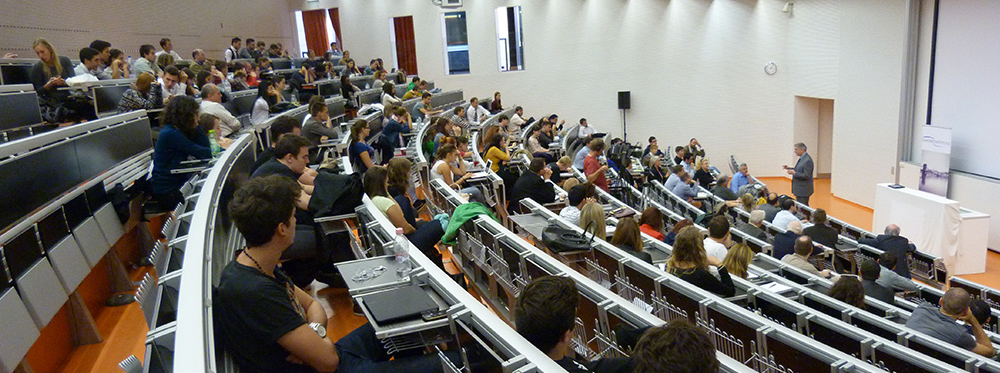
Por: Jürgen Enders
Revista de la Educación Superior, vol. XLIV (4), núm. 176, 2015
Resumen
El artículo recurre a teorías de campo institucionales para analizar el trabajo que realizan los rankings internacionales en la competencia global para crear universidades de clase mundial. Los rankings proporcionan un ámbito controversial entre los actores respecto a quiénes son los participantes legítimos en el campo; construyen socialmente estándares para la comparación, éxito y legitimidad. La manera de construir estos estándares la dictan en gran medida las jerarquías internacionales de reputación ya existentes, las cuales tienen un sesgo hacia la reputación en materia de investigación. Este marco también se utiliza para investigar un creciente número de políticas gubernamentales y estrategias organizacionales que aceptan el juego de los rankings
Abstract
This article turns to institutional field theories to analyze the role of international rankings in the global completion for world class universities. Rankings provide a controversial area among actors regarding whether they are the appropriate participants in the field; with a socially standard construction for comparison, success and legitimacy. The way of constructing these standards is dictated, to a great extent, by the existing international reputation hierarchies, which favor reputation and research. An increasing share of research also utilizes this frame in studying governmental policies and organizational strategies that agree with the game of rankings.